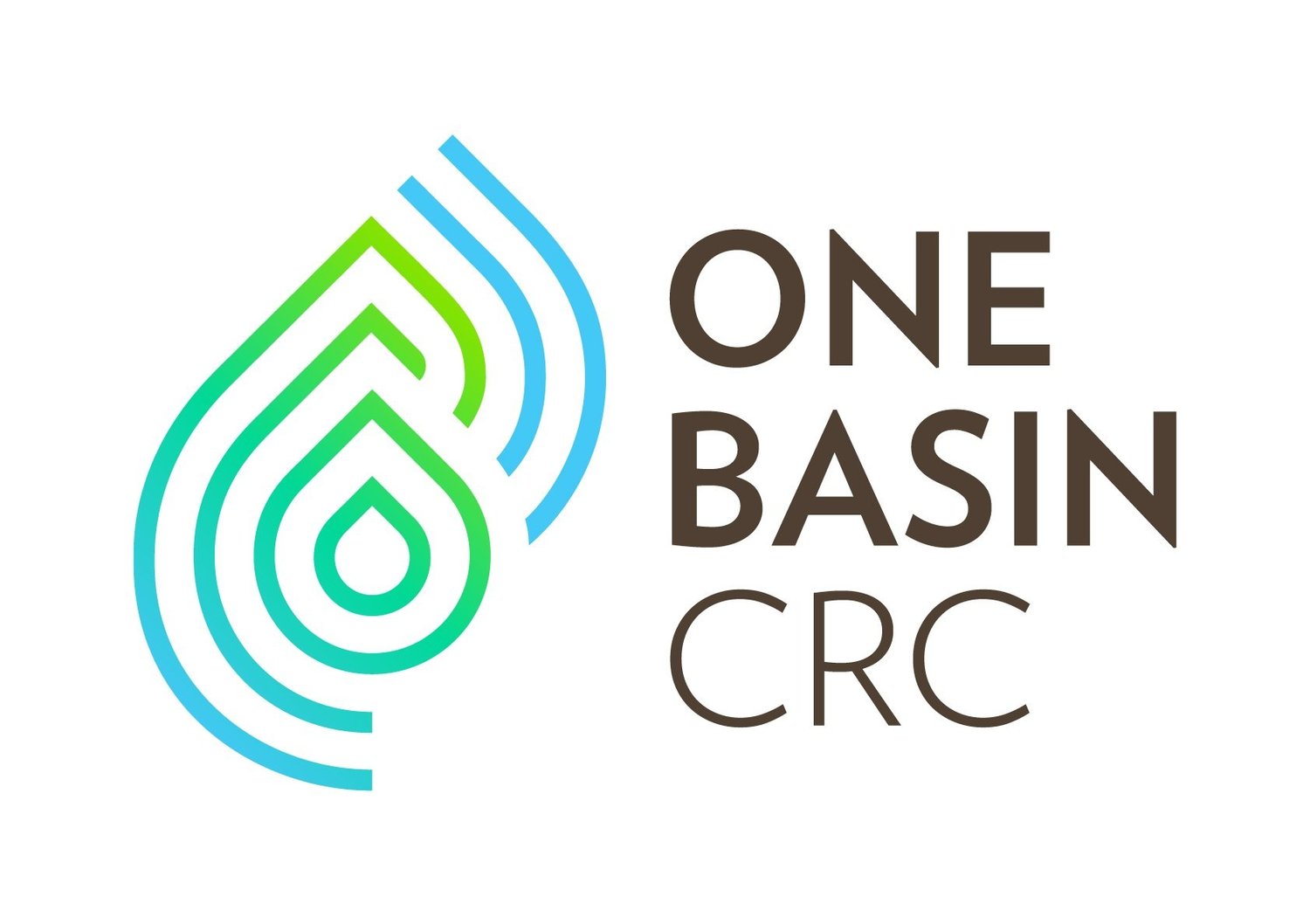One Basin quickstart explores water delivery efficiencies
The One Basin CRC is bringing together Murrumbidgee Irrigation (MI), Coleambally Irrigation Cooperative Limited (CICL), the University of Melbourne and the Australian National University (ANU) in a project exploring the potential roles that demand forecasting science might offer to inform river operations and irrigation water delivery.
The project, entitled ‘Irrigation demand forecasting for multi-scale multi-objective system storage control optimisation’, led by Dr Joseph Guillaume, Research Fellow at the Institute for Water Futures (IWF, ANU) and One Basin Foresight and Decisions program lead, aims to conceptualise water storage across the Murrumbidgee landscape, to test the algorithms used to predict how much water will be ordered by irrigation district customers, and to explore how decisions are (or could be) made around delivery of irrigation and environmental water.
Dr Wendy Merritt, project co-lead at ANU, explains the challenge for irrigation companies in simple terms: irrigation service providers make their requests for water to be released from WaterNSW storages with a 7-day lead time, but customers can request water and/or change their order with 24 hours or less notice. At times, there can be a difference between the water ordered by the irrigation companies and the water taken or wanted by their customers.
Many irrigation companies use local data and simple methods or algorithm to help decide how much water they will need to order. ‘Irrigation companies are working hard to continually improve their operations,’ says Dr Merritt, ‘but this project is providing them the opportunity to work with researchers to improve the performance of demand forecasting algorithms at critical times, particularly when there is a risk of under-ordering’.
‘We want to find out if there are easy gains to be made, in terms of improving the performance and usability of these tools’.
‘It’s been really interesting to understand the drivers within the system, the commonalities and differences between the two irrigation companies and the agricultural communities they service, and the work they do to deliver water to meet irrigation and environmental watering needs’, says Dr Merritt.
The project is about half-way to completion, and work is beginning in earnest to test the existing algorithms in use and develop new ways to evaluate their performance.
‘We hope that this work will not only support the decisions of the individual irrigation districts but also find ways for the multiple stakeholders involved in river operations and water management to make better use of their information in future.’
The project is anticipated to feed into a larger proposed One Basin CRC project examining governance and institutional arrangements, exploring operational decision-making around water deliveries, and developing prototype tools to help implement and evaluate water delivery strategies.
To learn more about this project, please contact: wendy.merritt@anu.edu.au
Image credit: Sammy Hawker

